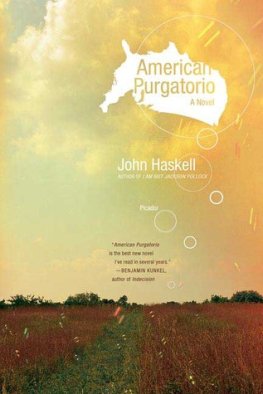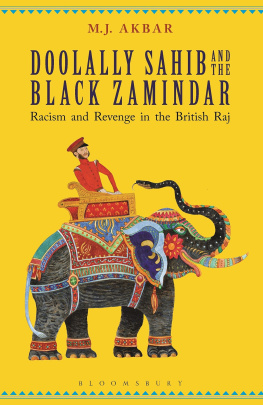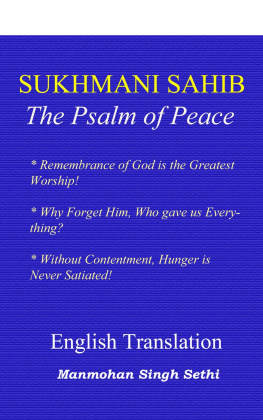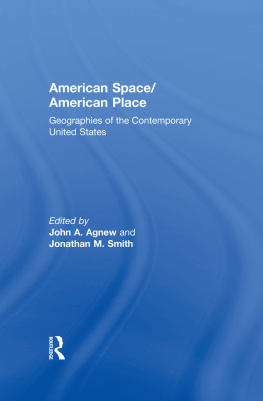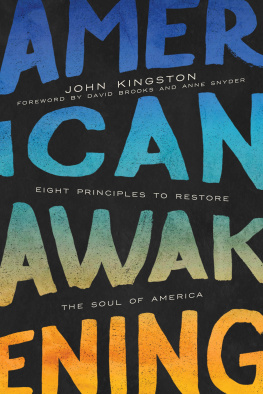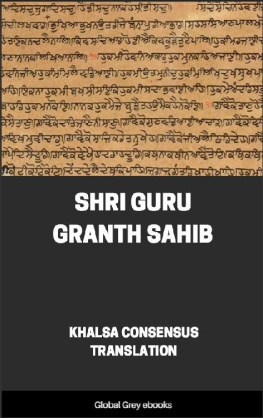This edition is published by PICKLE PARTNERS PUBLISHING www.picklepartnerspublishing.com
To join our mailing list for new titles or for issues with our books
Or on Facebook
Text originally published in 1946 under the same title.
Pickle Partners Publishing 2013, all rights reserved. No part of this publication may be reproduced, stored in a retrieval system or transmitted by any means, electrical, mechanical or otherwise without the written permission of the copyright holder.
Publishers Note
Although in most cases we have retained the Authors original spelling and grammar to authentically reproduce the work of the Author and the original intent of such material, some additional notes and clarifications have been added for the modern readers benefit.
We have also made every effort to include all maps and illustrations of the original edition the limitations of formatting do not allow of including larger maps, we will upload as many of these maps as possible.
AMERICAN SAHIB
JOHN FREDERICK MUEHL
TABLE OF CONTENTS
Contents
TABLE OF CONTENTS 2
FOREWORD 3
I 4
II 10
III 23
IV 39
V 46
VI 56
VII 63
VIII 69
IX 79
X 90
XI 96
XII 109
XIII 116
XIV 120
ODE TO AUDREY 123
XV 125
Information from the Back-Cover 129
FOREWORD
IF I were to write a book about India ... what would I say?
Would I discuss the politics and economics of the country? Would I choose and display one of the dozen arbitrary sets of figures and statistics which purport to disclose the condition of the people? Or would I write a novel, abstracting all of those intangible human factors which can be derived from every social equation?
Well, really, I haven't much the heart to do either, for in the first place, they've been done before and to little avail. But more than that, neither would adequately convey the specific knowledge which I absorbed from the British and Indians directly.
It's uncomfortable to know something inarticulately, to know it so intimately that you can't readily explain it. I'm a little embarrassed when my friends come to me and ask, "Can't you give us a true picture of the Indian situation?" No, I can't give them a "true picture of the Indian situation," at least not in a cryptic, quotable phrase. I do not know India as a glib generalization. I know it rather as the memory of a year of my life.
I sailed for India with the American Field Service, a volunteer ambulance corps attached to the British Army. I sailed for India as a curious American who had read just enough to be genuinely confused. "Cripps Offers Dominion Status to India""Churchill Expects to Hold His Own""Atlantic Charter Guarantees Freedom for All Peoples""Atlantic Charter Doesn't Apply to India."
Say, what in the hell is this all about? Have you asked that too? Then we have it in common. just what in the hell is this all about? That is the blunt way of stating what I wanted to know. Statistics could never answer me fully, nor could biased discussions by interested parties. But as I stepped ashore in Colombo, Ceylon, the answers began marching, wheeling, crawling around me.
"Personnel of the American Field Service are invited to a tea to be given at the Officers' Mess."
"American Sahib! American Sahib! Nay British Sahib! American Sahib!"
"I say, mate, could I bum a cigarette from you? Lumme, but that last month's pay went fast!"
"You say you're interested in the co-operative movement? I have some Indian friends you must meet!"
I found that I could associate with officers or ranks, British or Indian, high caste or low. I could travel the length and breadth of the country, with the blessing of the raj but without its stigma. I was a "pukah sahib" in the Poona Club, a tommy in the Lady Lumley Canteen, an American tourist in Gorpuri Bazaar, and simply a friend to Raman and Singh.
So how can I present "the true picture of India"? Can I abstract or distill what has become a part of me? Still there may be one way to convey what I have seen.
Here is my journal.
I
AS I sit here in the eyes of the ship, I scan the horizon for a glimpse of land. I know that none will appear for days, but when it does, I'll see it first. The sky is blue and the sea more calm now; we are riding along on gentle ground swells. We've lost our aerial convoy of albatross, and even the bosun birds are dropping behind with the fog.
We've jettisoned cargo in a hurricane at the Horn, and the sea is into our drinking water. The mate lost a finger in a slamming hatch, and most of us have been sick from rotten meat. But we're leaving the Antarctic behind with the wake. Our bow is headed into tropical waters!
I do not know what this journal will become, or even if it will be diligently and regularly kept. But as I write this first entry, I do so in humility, conscious and frightened of what it begins. Perhaps I am foolish to be so solemn, so overweighed by my own introspections. Perhaps in a week I'll have forgotten this book and the serious intention which it represents. But perhaps, on the other hand, I'll not forget it. Perhaps it will become very important to me. And if it should, then it will eventually become the record of my worldly education. It will become the biography of a point of view, the thesis of a practical doctorate. It will become the log of my personality as it sails into unfamiliar water.
How many are the changes I must undergo to become a soldier in the Royal Indian Army! How great the transition in temperament and attitude! How staggering the assault already has been! But I am not simply concerned with the facts of this journey, with their diligent, earnest, exact recording. I am interested rather in my own reactions, in the sophistications which they will undergo.
To be truthful, I suppose that I am keeping this record partly in fear of what may happen to me, for I know that I am on the brink of a great experience, an experience which must reshape my whole way of thinking. I have much to learn, and to learn I must change, and yet in one sense I am afraid of that change. There are certain provincial values which I feel I must keep, certain standards which I am determined shall not be relinquished. So it is these which I guard by such a zealous introspection. It is these which impel such strict self-scrutiny.
"I, Walt Whitman, twenty-two years old..." I think I know exactly how he felt. I, John Muehl, in sound mind and body, do proclaim these principles which I hold inviolable: that men are to be treated as ends rather than as means, regardless of their race or the accidents of birth; that the "meaning of the universe" lies within the individual, and in his duty to find or create it; that the only "burden" which any man bears is the sacredness and dignity of all mankind; that my first allegiance is to these principles, and to the brotherhood of good men in every nation.
In all other things I am willing to change, but in these I must neither swerve nor weaken. My self-respect and my sanity depend on them. There is no alternative but degeneracy!
I was awakened this morning by the sounds of running, and by the jubilant shouting of deck hands and crewmen. I dressed in a hurry and ran to the rail, but for several minutes I saw nothing beyond the monotony of water ahead. Then finally a spot appeared in the distance, the land which the crow's nest had reported earlier, and it did not seem long till we were close enough to the shore to see the riot of its vegetation. A long sand spit sweeps out ahead, guarding the mouth of Mombasa Harbor. Black forms run up and down its beach, launching canoes and paddling furiously.




